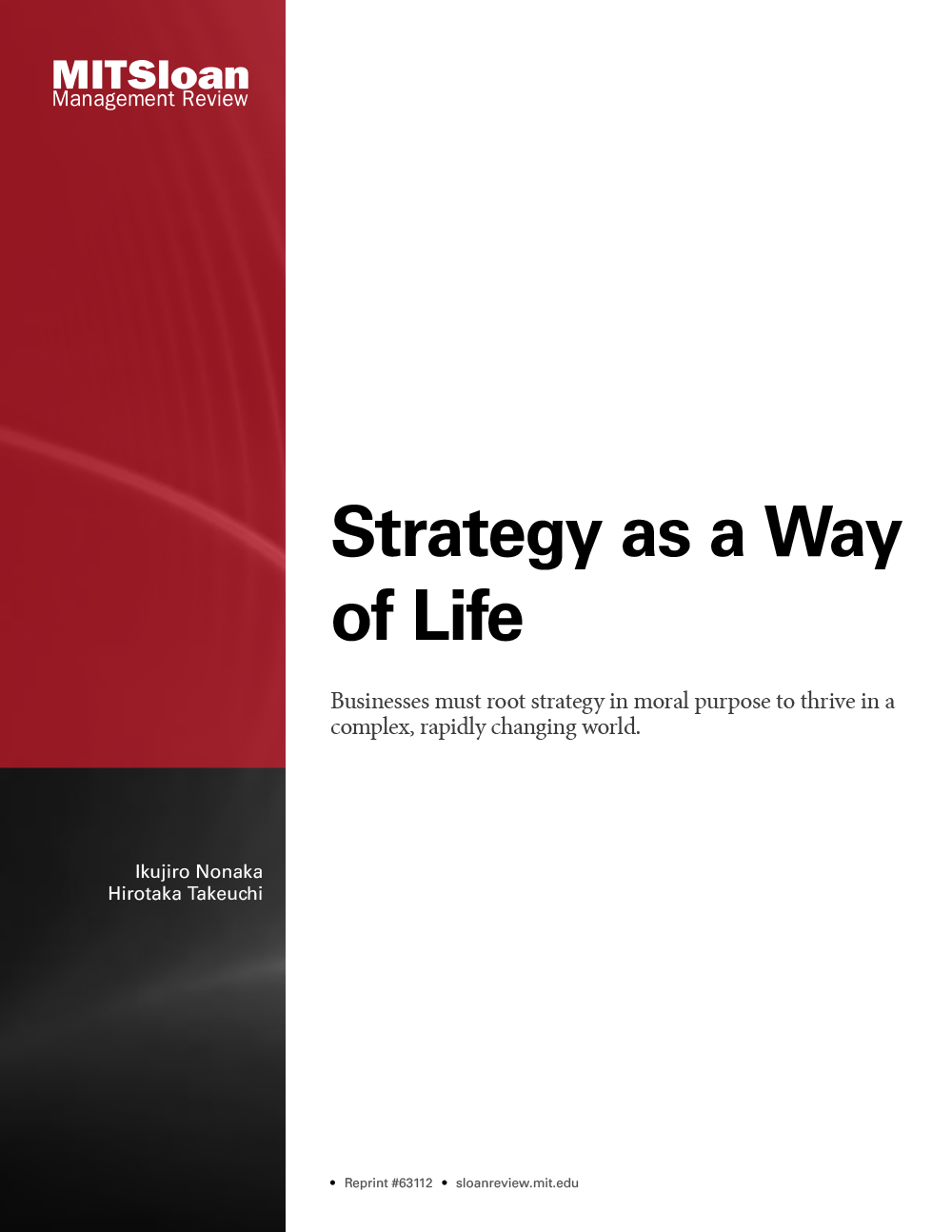
What's Your Company's Sustainability Filter?
Sustainability assessment tools are increasingly becoming a predictor and opportunity finder for efficiency in a company's business practices. Duke Energy, a Charlotte, N.C.-based electric power company that supplies and delivers energy to approximately 4 million U.S. customers, uses something it calls the Duke Energy Sustainability Filter to encourage innovation and resource efficiency throughout the company.
The tool has already saved the company millions, including over $2 million over six months in startup process for their combustion turbine plants. Roberta Bowman, who has served as senior vice president and chief sustainability officer for Duke Energy since 2008, says that the filter is a lens through which every decision in the company is made. "It's is the tool for conversation and decision-making," she says. The filter employs a series of questions around four key areas: "connection," "efficiency," "balance," and "grandchildren."
The filter is one of the tools Duke shares with other organizations looking to evaluate their own risks and practices from a sustainability standpoint. "There is an openness to sharing approaches and techniques that works," says Bowman. "There is sharing and learning at a utility level, and also at a global industry level, from the World Business Council for Sustainable Development to Corporate Economic Forum."
In this MIT Sloan Management Review case-study interview, Bowman explains how the filter developed, and why she hopes it puts her out of a job some day.
The tool has already saved the company millions, including over $2 million over six months in startup process for their combustion turbine plants. Roberta Bowman, who has served as senior vice president and chief sustainability officer for Duke Energy since 2008, says that the filter is a lens through which every decision in the company is made. "It's is the tool for conversation and decision-making," she says. The filter employs a series of questions around four key areas: "connection," "efficiency," "balance," and "grandchildren."
The filter is one of the tools Duke shares with other organizations looking to evaluate their own risks and practices from a sustainability standpoint. "There is an openness to sharing approaches and techniques that works," says Bowman. "There is sharing and learning at a utility level, and also at a global industry level, from the World Business Council for Sustainable Development to Corporate Economic Forum."
In this MIT Sloan Management Review case-study interview, Bowman explains how the filter developed, and why she hopes it puts her out of a job some day.




